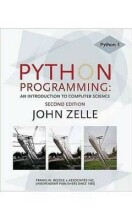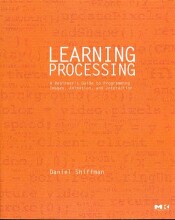Summary: Introductory Programming
- This + 400k other summaries
- A unique study and practice tool
- Never study anything twice again
- Get the grades you hope for
- 100% sure, 100% understanding
Read the summary and the most important questions on Introductory Programming
-
Week 0
This is a preview. There are 44 more flashcards available for chapter 02/10/2017
Show more cards here -
Is it legal to declare multiple variables of the same type on one line? If so, how?
Yes -
, , ..., ; -
What is an assignment statement?
A Java statement that stores a value into a variable's memory location -
Why will int x = 2.5; raise an error?
Because x is declared an int variable = it can only store an int value (not a float) -
Can an int value be stored in a variable of a different data type?
Yes - an int value can be stored in a variable of type double; a float variable can also accept an int -
Java has primitive data types and non primitive data types. What are the non primitive data types called? How many are there?
Types that are not primitive are called object/reference types
3
- strings
- arrays
- user defines classes -
How many bits does a short data type contain?
16 bits -
How many bits does a float data type contain?
32 bits -
What are the benefits of constraining the size of a variable?
Optimising memory -
What is the syntax to declare/initialise multiple variables at once?
<type> <name> = <value> , <name> = <value> ;
-> note, you only need to declare the type once -
Which package do we import the Scanner from?
import java.util.*;
- Higher grades + faster learning
- Never study anything twice
- 100% sure, 100% understanding































